90+% of Christian giving is in cash. 90+% of assets held by most donors are not in cash. Such assets are appreciated assets, like publicly traded and private business interests and real estate.
Donor-advised funds are exploding in popularity and are the fastest-growing mechanism for tax-wise charitable giving. Tax-wise charitable giving involves giving appreciated assets, not cash. At the National Christian Foundation, we say, “Friends don’t let friends give cash.”
A donor-advised fund (DAF) is a charitable investment account provided under the public charity tax exemption of the “sponsor” of such funds. There are more than 1,000 sponsors of DAFs in America. Local popular examples include the Minneapolis Foundation, The St. Paul Foundation, Fidelity, Schwab, and the National Christian Foundation (NCF), just to name five. Importantly, the values of the sponsors vary.
While terms and conditions vary and need to be understood, allow me to use the NCF as an example:
- No cost to open online
- No minimum contribution
- A tax-exempt empty fund is established immediately and can be used for testamentary use in the future, immediate giving, or both.
- Contributions of cash, publicly traded stock and/or closely held business interests can be made to the public charity sponsor and immediately allocated to the individual DAF of the donor.
- If cash contributions are made, they are made with after-tax cash. A dollar reduced by federal and state income taxes is worth 60 cents.
- If contributions of appreciated assets are made, the donor gifts the asset in kind to the sponsor without selling it. The sponsor takes the stock or real estate and sells it, thereby converting it into cash. However, the sponsor is a public charity so it pays no tax on the total value. That total value of 100 cent dollars then gets deposited into the donor’s DAF to be given away to your school and other charities favored by the donor. Would your school rather receive 60 cents or 100 cents?
- The sponsor invests the contributions into the DAF in one or more investment pools it offers to donors. Those funds can be given away the day after the gift or remain invested for an extended period of time, with the appreciation being added tax-free to the DAF.
Many non-profit organizations shy away from DAFs because they do not really understand them and think the DAF sponsor is getting the money from their donors. That is true, but the right mindset is that the money is a one-hop through the DAF to you.
Furthermore, donors will give far more to their DAF in appreciated assets than they will to you in cash. If you encourage your higher-capacity donors to use a DAF to give appreciated assets, which are then sold inside the DAF to generate more cash, you will be giving your donors great tax advice, and they will likely conclude they have more value in their DAF, which they can give at least in part to you.
The DAF offers a psychological continuing sense of ownership that the donor values, even though the sponsor is the legal owner. This is why DAFs are called donor-advised, not donor-directed. The donor gets an immediate tax deduction but retains only the right to advise the sponsor on where grants should go.
Beyond the ongoing sense of ownership, DAFs also allow donors to give their gifts “to God,” i.e., vertically to the Lord instead of horizontally to a non-profit. Then, the donor can seek the Lord on where the DAF should make grants and on what timetable. What is a better investment than private Christian education?
To provide some comfort, DAF sponsors would not be in business long if they denied too many grant requests. The NCF approves 99% of the grant requests it receives. However, grant policies do vary from sponsor to sponsor and both progressive policies and traditional Bible based policies are available.
The NCF Twin Cities thru Jay Bennett ([email protected]) or Tyler Van Eps ([email protected]) is available to provide further information if this is of interest.

